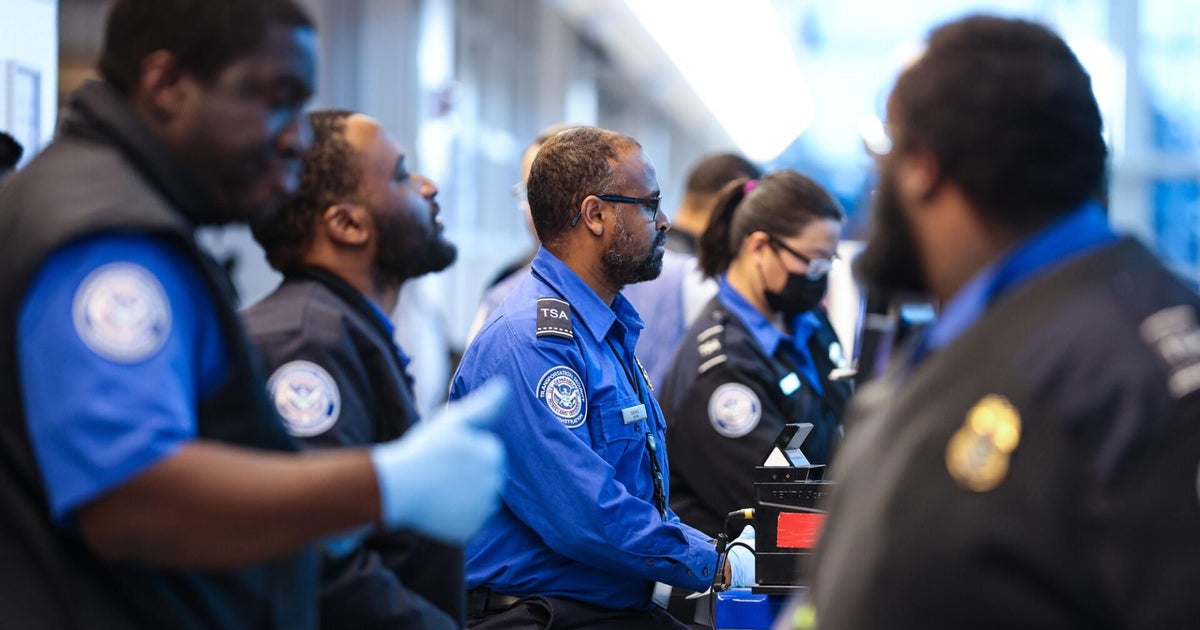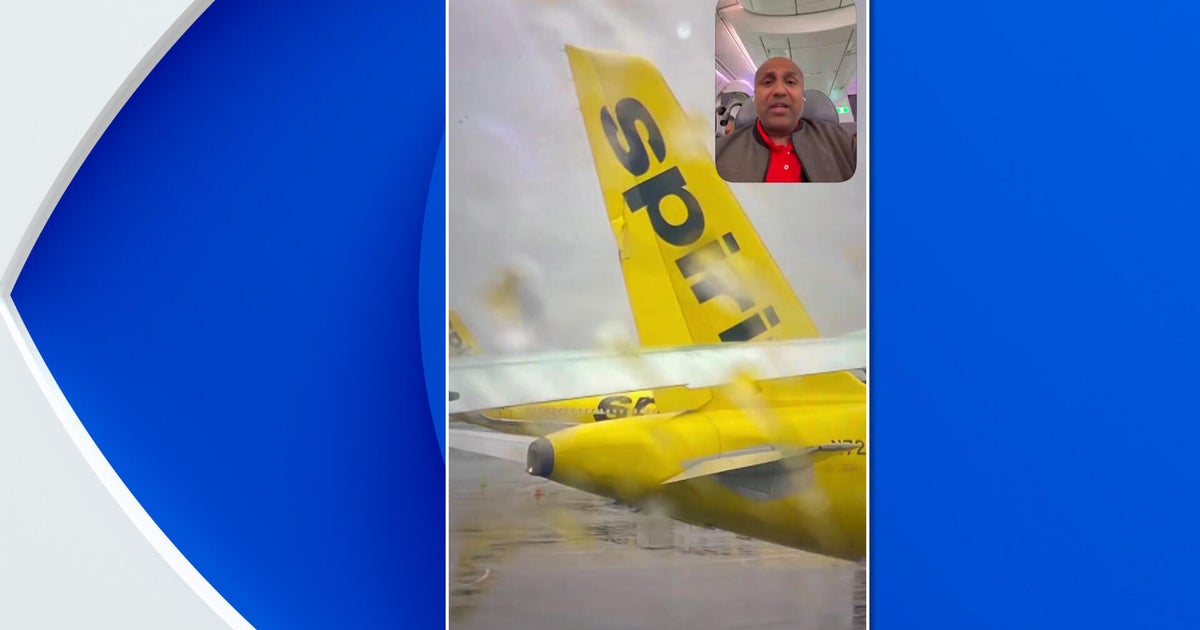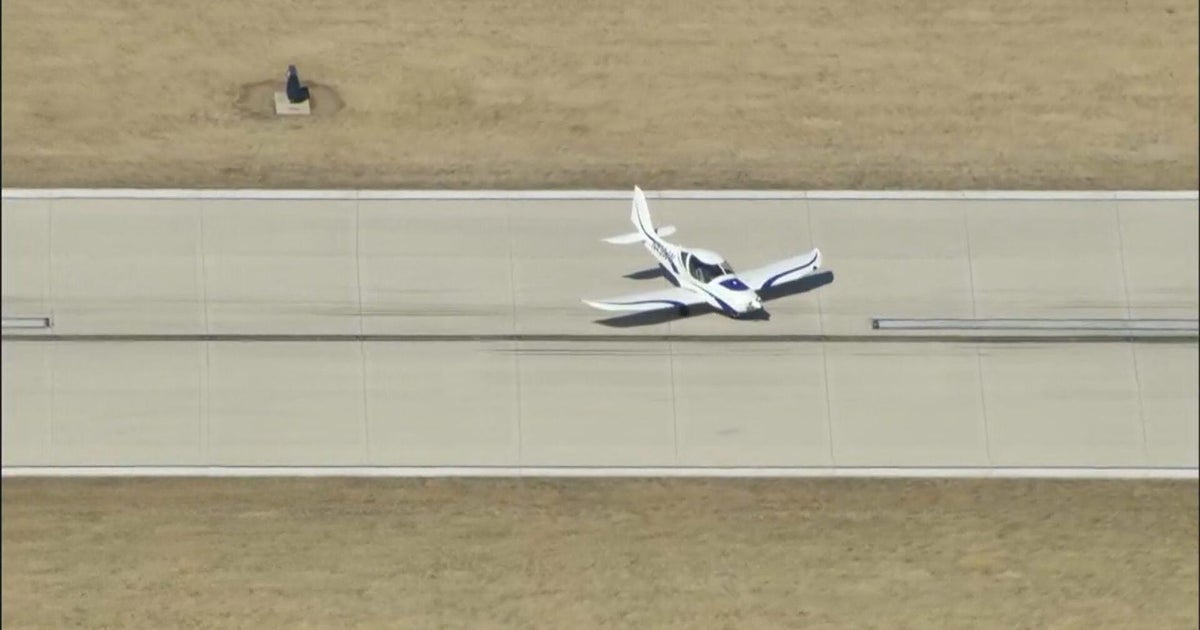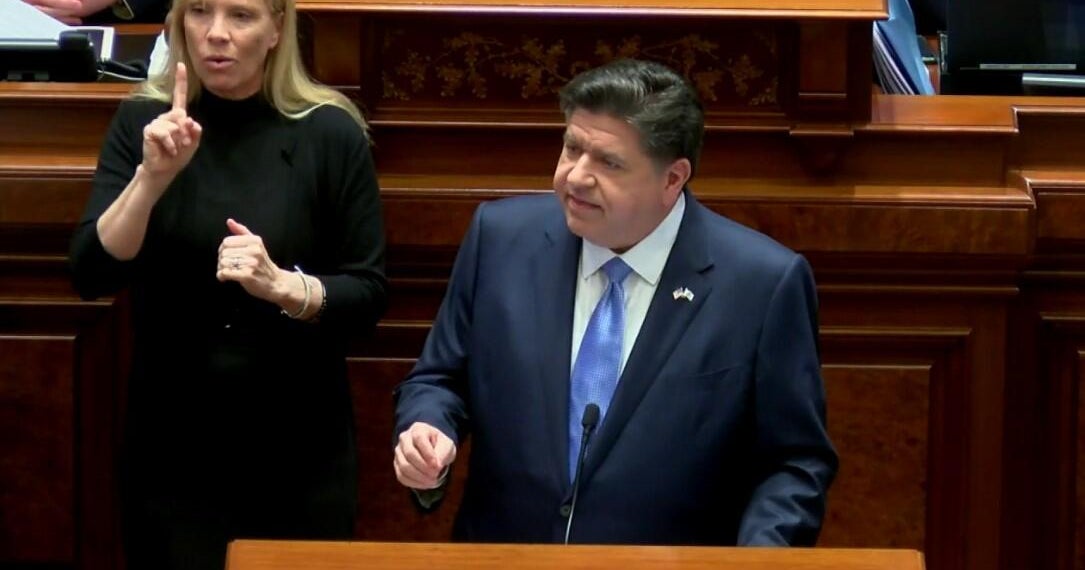TSA To Allow Small Knives, Bats, Clubs On Planes
WASHINGTON (AP) — Airline passengers will be able to carry small knives, souvenir baseball bats, golf clubs and other sports equipment onto planes beginning next month under a policy change announced Tuesday by the head of the Transportation Security Administration.
The new policy conforms U.S. security standards to international standards, and allows TSA to concentrate its energies on more serious safety threats, the agency said in a statement.
The announcement, made by TSA Administrator John Pistole at an airline industry gathering in New York, drew an immediate outcry from unions representing flight attendants and other airline workers, who said the items are still dangerous in the hands of the wrong passengers.
Transport Workers Union Local 556, which represents more than 10,000 flight attendants at Southwest Airlines, called the new policy "dangerous" and "shortsighted," saying it was designed to make "the lives of TSA staff easier, but not make flights safer."
"While we agree that a passenger wielding a small knife or swinging a golf club or hockey stick poses less of a threat to the pilot locked in the cockpit, these are real threats to passengers and flight attendants in the passenger cabin," the union said in a statement.
Some travelers agree, including Dr. Cynthia Paulis, who talked with CBS 11's Jack Fink
"Knives should not be allowed on the plane period," she said. TSA's new policy would allow knives with blades are no longer than 2.36 inches and no wider than half an inch.
"Doesn't matter, doesn't take that much to go into a carrotid artery, it doesn't take much at all, trust me, as an ER physician, I know, you can do a lot of damage, a lot of injury."
The union representing American Airlines' flight attendants is outraged and says TSA never consulted them about the change. They call it a recipe for disaster and want the government to reconsider. The union for Southwest Airlines flight attendants also issued a statement criticizing the decision. Click here to download the entire statement.
Kelly Skyles with the American Airlines flight attendants union, says her organization plans to ask TSA to reverse the decision.
"We're very disappointed of the decision as well as being left off the table and not being part of the decision process," she said. "It was box cutters and small knives that were used by the terrorists on 9-11 that killed my colleagues."
However, aviation expert Denny Kelly says the new rules will have little or no effect on passengers' safety.
"I think it's an overreaction from the flight attendants to say this is a big deal, it's not," he said. "I mean, a ballpoint pen can be a weapon."
Chris Manno, who has been a pilot for more than 27 years, has mixed emotions about the new policy.
"That is going to move things faster, and anything that's better for our customers is probably better. But the risk assessment now is instead of the blanket policy, it is going to be specific items and that's just a little fuzzy area for crew members."
The policy change was based on a recommendation from an internal TSA working group, which decided the items represented no real danger, David Castelveter, a spokesman for the agency, said.
The presence on flights of gun-carrying pilots traveling as passengers, federal air marshals and airline crew members trained in self-defense provide additional layers of security to protect against misuse of the items, he said.
There has been a gradual easing of some of the security measures applied to airline passengers after the Sept. 11, 2001, terrorist attacks. In 2005, the TSA changed its policies to allow passengers to carry on airplanes small scissors, knitting needles, tweezers, nail clippers and up to four books of matches. The move came as the agency turned its focus toward keeping explosives off planes, because intelligence officials believed that was the greatest threat to commercial aviation.
And in September 2011, the TSA no longer required children 12 years old and under to remove their shoes at airport checkpoints. The agency recently issued new guidelines for travelers 75 and older so they can avoid removing shoes and light jackets when they go through airport security checkpoints.
(©2013 CBS Local Media, a division of CBS Radio Inc. All Rights Reserved. This material may not be published, broadcast, rewritten, or redistributed. The Associated Press contributed to this report.)
Also Check Out:







